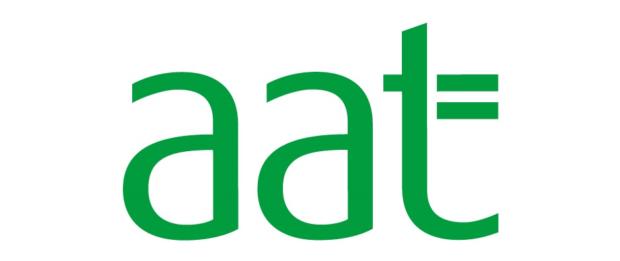
Whether you’re a sole trader or in charge of a small team, staying in control of your finances is essential. Keeping track of your business records can be daunting, but it’s so important to get right for when it’s time to file annual accounts or self-assessment returns.
We’ll guide you through the bookkeeping basics, from what you need to record to tools to make the process easier.
What is bookkeeping?
Bookkeeping involves recording and organising your financial transactions. It’s the first stage of the accounting process.
Why is it important?
Having a bookkeeping process in place will help you to:
- know when to pay suppliers and when payment is due
- keep track of customers that owe you money
- process sales invoice documentation
- review your cash flow
- prepare profit and loss accounts and balance sheets
- prepare business finance reports
- forecast and set projections for the future
What do I need to record?
Every time a customer makes a payment, a client pays an invoice or you pay a supplier, this information needs to be tracked and recorded. When money changes hands, make a note of this and keep the documentation. With an accurate record of your income and expenses, it will be easier to balance your books.
Income and expenditure can be recorded weekly, monthly, quarterly or yearly – this will depend on what is best for your business.
How long do I need to keep records for?
As a business owner, you are required to keep and store accounting records for a minimum of six years.
Do I need an accountant?
Having an accountant can help you to keep your bookkeeping records accurate and save time. They’ll manage your books, process the documentation for you and maintain accurate records.
However, it’s possible to manage your own bookkeeping manually or with an accounting system.
This will involve:
- Preparing quotes and sales invoices
- Processing sales and purchase invoices
- Preparing VAT returns
- Processing other expenses
- Bank reconciliations (making sure that all items have been recorded)
- Petty cash reconciliations
- Chasing debt
- Paying suppliers (with appropriate documentation e.g. remittance advice)
- Recording customer payments
- Dealing with wages
Some business owners prefer to carry out some of these tasks themselves, but then use a professional for services such as payroll or VAT.
If you decide to take on the work yourself, it’s vital that you stay on top of your bookkeeping. Here’s a handy checklist to keep in mind:
Bookkeeping checklist
✔️ Sales invoices, purchase invoices and other documentation
✔️ Fuel receipts
✔️ Receipts for business expenses
✔️ Business bank statements
✔️ Cheque book stubs
✔️ VAT information if VAT registered
✔️ Wages slips and summaries if you employ staff
✔️ Details of loans and capital items
✔️ Customer and supplier addresses
✔️ Access to software
What can I use for bookkeeping?
Luckily, there are a wide range of software providers available that can help, offering various services and tools.
Some of the features accounting software can offer are:
- Basic accounting tasks – recording income and expenditure, financial reports and budgets
- Automation – preparing invoices and purchase orders, setting up automatic billing, processing single and recurring payments, bank reconciliation
- Tax preparation – Online completing and filing of tax returns
- Inventory – Control stock levels, track sales and purchases
- Payroll processing – timesheets, salary calculations, payslips, submissions to HMRC.


